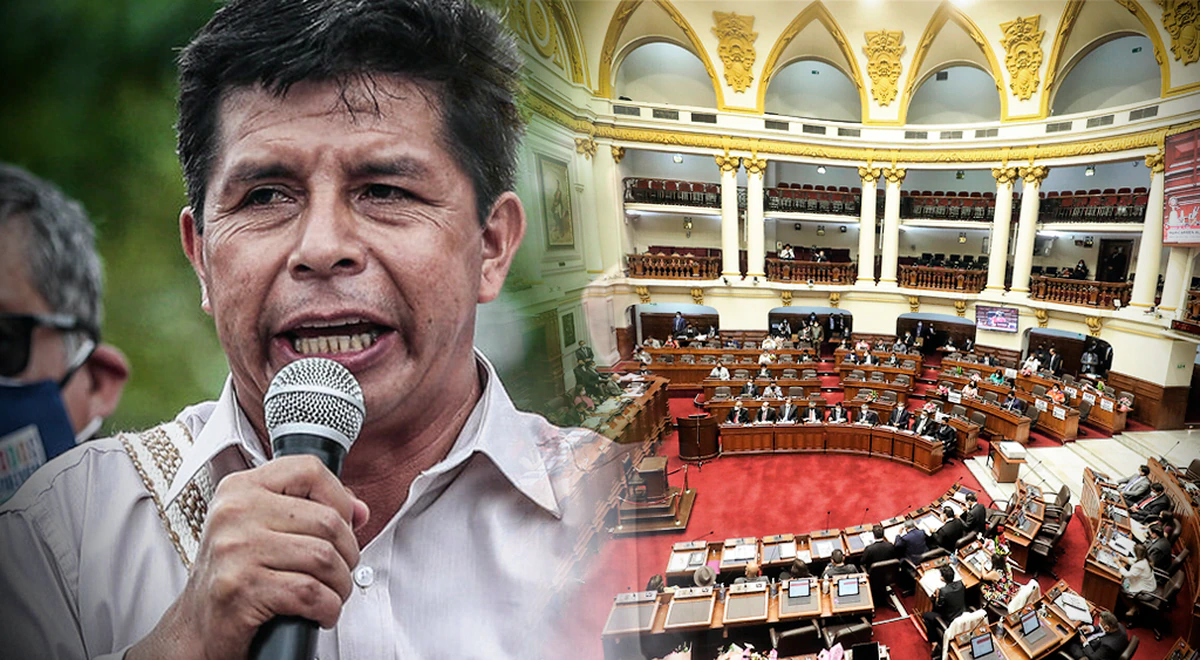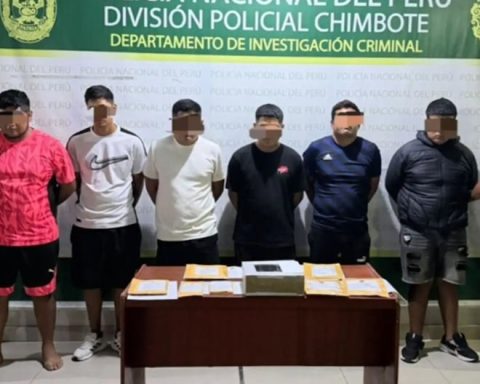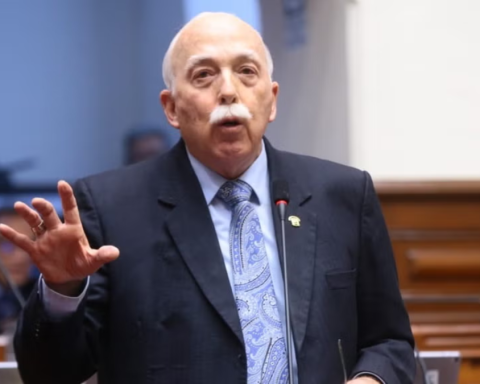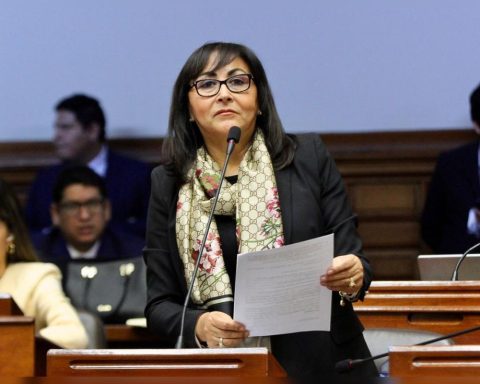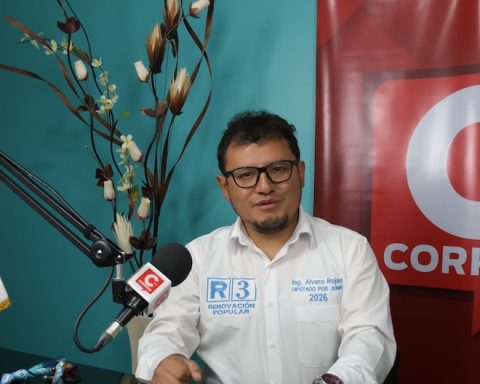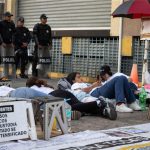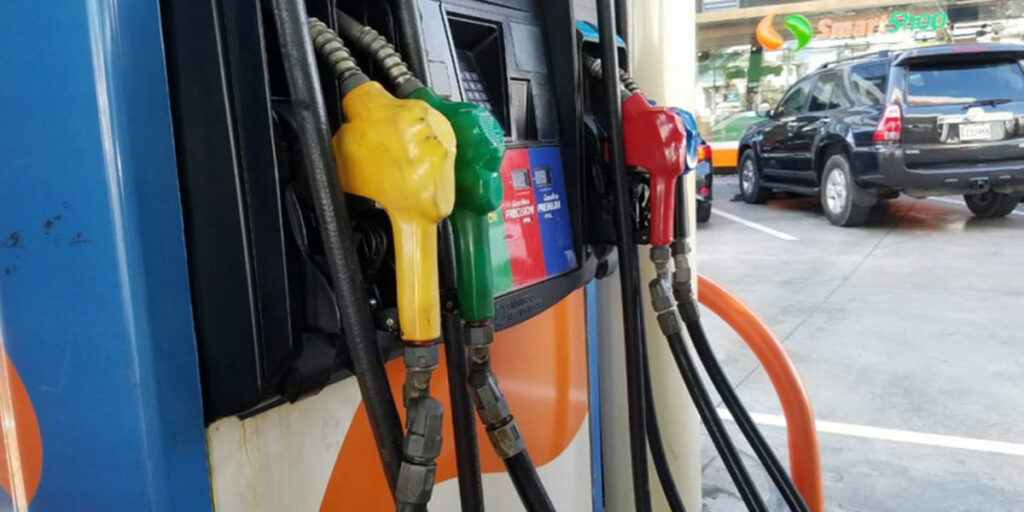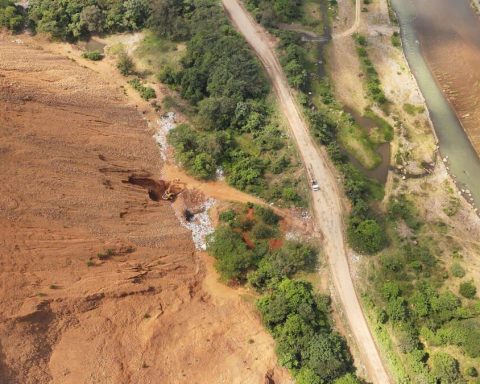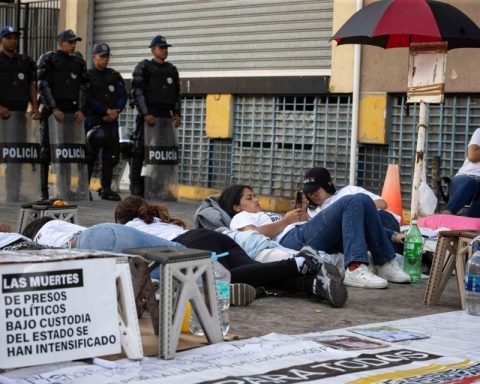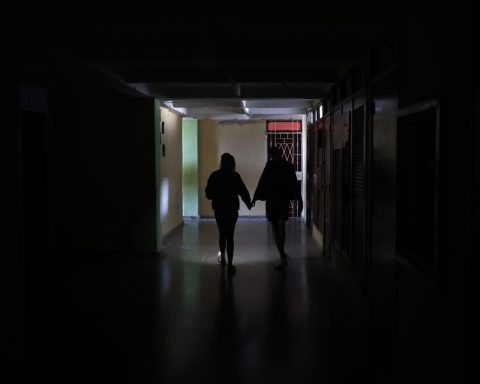Congress, the Government and the Judiciary are considered by Peruvians to be the most corrupt institutions in the country, according to the “Twelfth National Survey on Perceptions of Corruption, carried out by the renowned organization Proética, the national chapter of Transparency International.
The investigation, entrusted to the Ipsos Peru company, consulted the population from August 23 to 31 of this year and has margins of error of 2.3 points above and below each result in its national representation.
Approximately 60% of Peruvians consider the current representation in Congress one of the three most corrupt institutions in our country. This is six out of 10 citizens or three-fifths of the country, roughly, an undoubted majority.
Likewise, 42% of nationals think that the government of President Pedro Castillo is one of the three most corrupt entities in Peru. That is, about two fifths of the national population.
Three years ago, only 10% of the country had this perception of the current government. The jump with Castillo is a case never before recorded.
Meanwhile, 34% of citizens include the Judiciary in their list of the most corrupt institutions in the country. It is about a third of Peru that agrees with that perception.
They are followed in mentions, among the three most corrupt entities considered, the regional governments (25% of Peruvians include them), the municipalities (22%), the Police (22%), the political parties or movements (20%) and the National Prosecutor’s Office (18%).
Likewise, 81% of citizens believe that the Castillo government is not at all or not very effective in the fight against corruption.
When defining the three main problems of the country, crime and corruption are the most mentioned: 60% include the first, 57% the second. It is followed by the political crisis (37% mention it), which has grown in recurrence since 2013.
Pessimism
81% think that corruption has increased in the last five years and 53% believe that it will increase in the next five years. That pessimism grows compared to 2019.
58% of Peruvians believe that corruption harms the country with lower economic growth, 55% would say that with more poverty or inequality.
When qualifying entities in their anti-corruption fight, Congress comes out worse, which for 83% does it badly or very badly, and the Government, of which 73% consider its work bad or very bad.
“That Congress has more mentions among the institutions considered most corrupt has been maintained since 2019, and since then it has been first, although it has decreased,” remarks Samuel Rotta, from Proética.
“On the Government there is a great jump. He didn’t used to be in the top three most corrupt. There is a reading of the population of the scandals that involve the Government and the president himself. It is not that the other governments are not corrupt, but that now the president has scandals that directly link him and he is being investigated by the Prosecutor’s Office”, he adds.
He warns that this causes a loss of legitimacy. It refers that when defining entities that should lead the anti-corruption fight, only 22% mention the Castillo government. In 2017, 44% attributed that function to the Executive of that year.
Now, the main mentions for this task have been the Judiciary (35% included it), the Attorney General’s Office (34%) and Congress (31%).
Given this situation, pessimism grows among Peruvians.
“The perception that corruption has increased has never reached the levels it is today. The feeling that it will grow in the short term had been diminishing since 2013 and has now increased. In the context of scandals, lack of leadership and inefficiency, mistrust is reinforced”, concludes Rotta.
